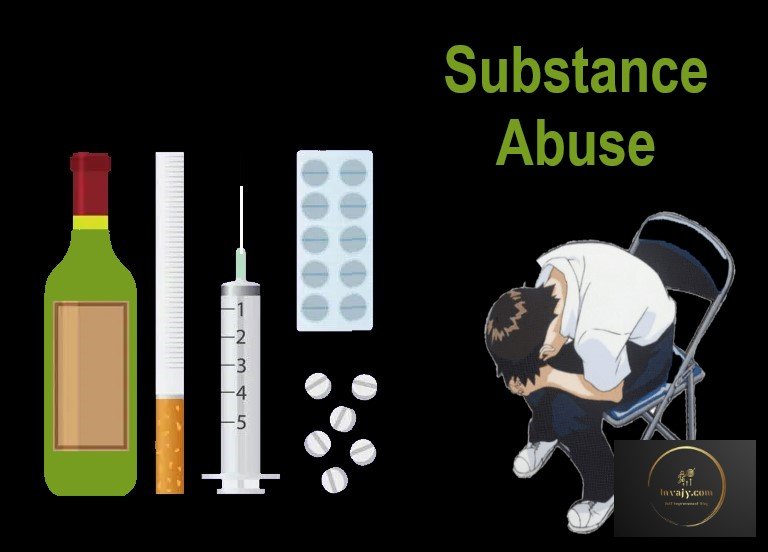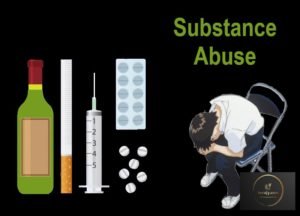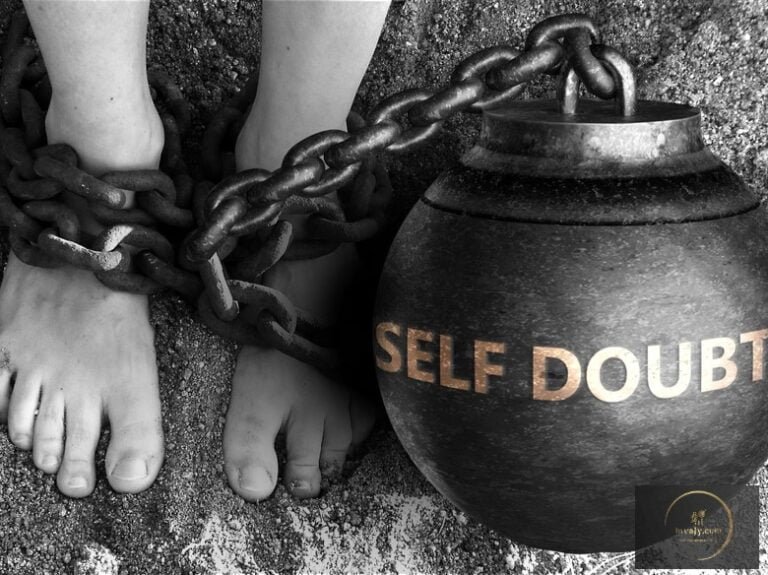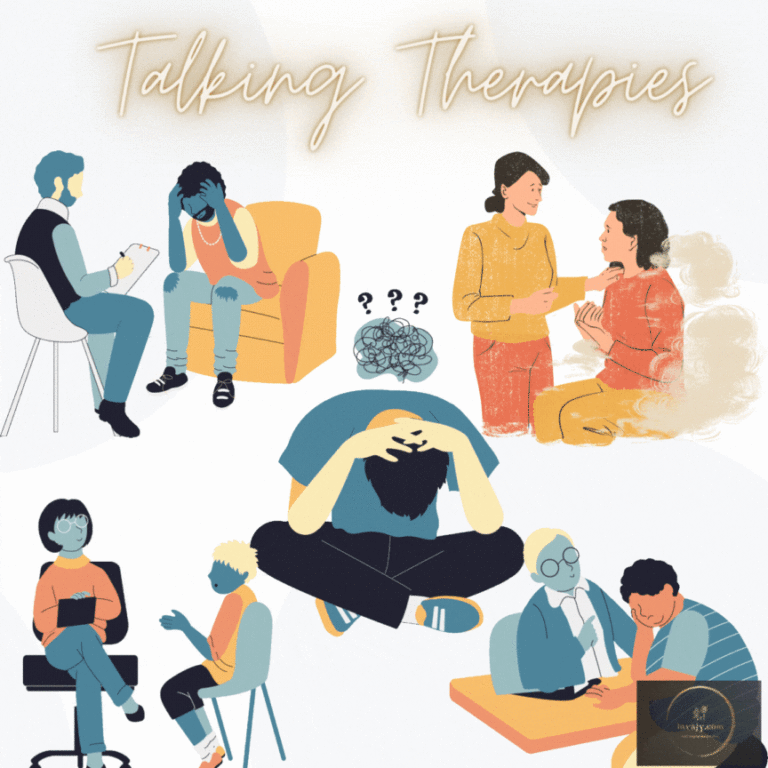How to Overcome Substance Abuse?
Overcome substance abuse with effective strategies and support. Learn about treatment options, recovery programs, and practical steps to regain control, build resilience, and foster a healthier life.

Substance Abuse or misuse can be scary. Drug and alcohol addiction is more common and less spoken. The number of people suffering from addiction in America is astounding. Substance Abuse often starts as a way of coping with difficult situations or feelings. And, then you observe that these substances help you feel better and more relaxed. Every time a similar situation triggers, you know drug or alcohol helps, so you get into the habit… Eventually, as you start to count more and more on drugs or alcohol to help you feel better, other problems seem to emerge. Things like – relationships failures, difficulty to carry on with work or study, financial stress, getting into trouble with the police etc. makes you feel more anxious, angry, depressed and frustrated. In order to deal with these more bitter situations — you use more drugs or alcohol to feel better. Here a real fierce cycle begins…
People continue to engage in harmful behaviors despite negative consequences because addiction changes the brain’s reward system, which increases the desire for the substances or experiences.
What is substance abuse?
Substance abuse refers to excessive use of a drug and alcohol in a way that is detrimental to self, society, or both. Eventually this abnormal use converts in an addiction.
This substance abuse definition includes both physical dependency and psychological dependency.
Physical dependence caused by prolonged use of substances (drug and alcohol) refers to an altered physiologic state in which withdrawal symptoms develop when the drug is discontinued.
Psychological dependence refers to a state of intense desire to continue taking the drug or alcohol in the absence of physical dependence.
Causes
The exact causes of drug abuse, dependence, and addiction are not known, but various factors are thought to contribute to the development of substance abuse disorders.
- Biologic factors. Children of alcoholic parents are at higher risk for developing alcoholism and drug addiction than are children of nonalcoholic parents.
- Psychological factors. Children of alcoholics are four times as likely to develop alcoholism compared with the general population; some theorists believe that inconsistency in the parent’s behavior, poor role modeling, and lack of nurturing pave the way for the child to adopt a similar style of maladaptive coping, stormy relationships, and substance abuse.
- Social and environmental factors. Cultural factors, social attitudes, peer behaviors, laws, cost and availability all influence initial and continued use of substances.
Symptoms of substance abuse
- Using the substance in larger amounts or over a long time period than originally intended
- Having a persistent wish to stop using the substance
- Continuing to use the substance despite knowing that a physical or psychological health issue was likely caused or worsened by the substance
- Exhibiting withdrawal symptoms when not using the substance
- Spending a significant amount of time trying to obtain the substance
- Stopping or decreasing social, work-related, or recreational activities due to substance use
- Building up a tolerance, where a larger amount of the substance is needed to experience an effect
- Having a strong urge or cravings to use the substance
- Continuing to use substance material even when it causes an inability to fulfill work, school, or home-related responsibilities
- Continuing to use the substance even when it causes interpersonal problems or makes them worse
- Continuing to use the substance even in situations that are risky or physically dangerous
Commonly abused psychoactive substances
Both legal and illegal drugs have chemicals that can change how your body and mind work. The most commonly abused drugs are
- Alcohol
- Cigarettes and other tobacco products
- Prescription and Over-the-Counter (OTC) Medicine
- Heroin
- Cocaine
- Cannabis
Overcoming substance abuse
Substance abuse affects every part of your life. It can hurt you and the people around you. Here are the tips and strategies to overcome substance abuse.
Recognize the problem
For many people struggling with addiction, the toughest step toward recovery is the very first one: recognizing that you have a problem and deciding to make a change. Recognizing that there is a problem and learning more about the process of quitting are important first steps in recovery.
In the beginning, you might be in denial about the effects of your addiction.
As you become more aware of the problems you are facing, you might then struggle with feelings of ambivalence as you become more aware that you need to overcome your substance abuse.

Come out of social stigma
In the medical history, patients try to be honest medical health professional in most of areas, since it is obviously in the best interest of their health. However, in the cases of substance abuse or addiction, there are strong pressures from social stigma and possible legal consequences that may lead to concealment. In fact, in few cases the sufferer is not ready to take help of professional health parishioners. Drug and alcohol addictions are often regarded as a character flaw or signs of weakness. Many patients hesitate to admit anything for which they expect to be criticized.
You need to come out of this stigma.
Identify your triggers
Notice the triggers and timings of cravings, as sometimes the habit loop plays a major role in addiction. Avoid such people, places, situations and timings which make you feel use substance material.
Look for things that will help occupy your time and keep your mind off of drug cravings. Even simple things like talking to a friend, browsing social media, playing with pets, reading a book, watching a television show, or going for a walk can provide a sufficient distraction while you wait for a craving to pass.
Reach out to healthcare providers
For alcohol and drug addictions, it is a good idea to talk to a doctor or local drug clinic about whether you need medical help in quitting. There are options for medications to help alleviate withdrawal symptoms. In some cases, you may need medical supervision during the detox process.
If you have an underlying mental health problem, such as anxiety or depression, it could worsen during the withdrawal phase. Healthcare providers can be very supportive and helpful while navigating dual diagnosis cases.
Psychotherapy
Behavioral therapies and other types of psychotherapy can help people improve their coping skills, develop new behavioral patterns, and change the underlying thoughts that often contribute to addiction. You may find substance abuse counselor near you to figure out the right kind of substance abuse therapy for you. Different types of therapy that may help include:
- Cognitive behavior therapy (CBT)
- Mindfulness therapy (MBCT)
- Motivational enhancement therapy (MET)
- Family therapy

Medications
Medications can be utilized to treat symptoms of withdrawal, help people remain in treatment, and prevent relapse. The type of medication a doctor prescribes depends on the type of addiction that is being treated. For example, there are different medications available to treat opioid, nicotine, and alcohol addiction.
Talk to a doctor about the substance abuse treatment options that are available to and appropriate for you.
Rehabilitation Centre
Rehab is a course of treatment for drug or alcohol addiction, typically at a residential facility. Drug and alcohol rehabilitation centers help people to recover from addiction disorders. This may include a combination of medical treatment and psychotherapy.
You may need to work through the detox and rehabilitation process. Find out the Drug and alcohol rehabilitation centers near you. Different rehab centers will provide multiple levels and types of care. For example, some addiction treatment centers will specifically focus on those with dual diagnosis conditions. Rehab programs also help you build a lot of skills that you will need to adjust to sobriety and life in the community as a whole.
Avoid Relapses
While it can be frustrating and disheartening, relapse is quite common. The chronic nature of addiction means that relapsing is often part of the quitting process. Understand replaces may happen and you are not a failure. Around 40% to 60% of people working to overcome a substance use disorder will relapse at some point.
Learn to cope with cravings in healthy way. The strong urges to use or engage in addictive behavior are common during withdrawal. Remove addictive substances from your home. Avoid bars and clubs. Step away from your friends who use.
Build a meaningful life
You can support your substance abuse and protect yourself from relapse by having activities and interests that provide meaning to your life.
- Do things that challenge your creativity and spark your imagination. Pick up an old hobby or try a new one.
- Adopt a pet to make you feel loved, increase physical activity and enhance sense of responsibility.

- Enjoy the arts you like. Go to concert, theater or museum. Join an art class or start blogging.
- Get involved in your community. Join a local club or neighborhood group. Volunteer for social cause.
- Spend time in nature. Go fishing, camping, or hiking. Evan simple walks on the grass in society park will make a difference.
- Practice self-care and look after your health. Regular exercise, adequate sleep, and healthy eating habits help you keep your energy levels up and your stress levels down.
Over to You
I hope, if you will use above tips and strategies for overcoming substance abuse; you will surely be able to manage your condition in a better way.
That’s all from my side. I hope, you liked this article on substance abuse. Please share this on your favorite social media portals with your friends and relatives to help them stay sober.
(Medical Disclaimer: This article is for general information only. It is not intended to be a substitute for professional medical advice, diagnosis or treatment. Before adopting preventive methods/measures/treatment, please seek medical advice.)







Overcoming substance abuse can be a challenging journey, but it is possible with the right support and resources. Seeking professional help and treatment, such as therapy or rehab, can provide individuals with the tools and guidance they need to overcome addiction. In addition, building a strong support network of family, friends, and support groups can provide the necessary emotional support during this journey. Making lifestyle changes, such as avoiding triggers and finding new hobbies, can also be helpful in breaking the cycle of addiction. Overcoming substance abuse requires commitment, perseverance, and a willingness to seek help, but it is possible with the right approach and support.